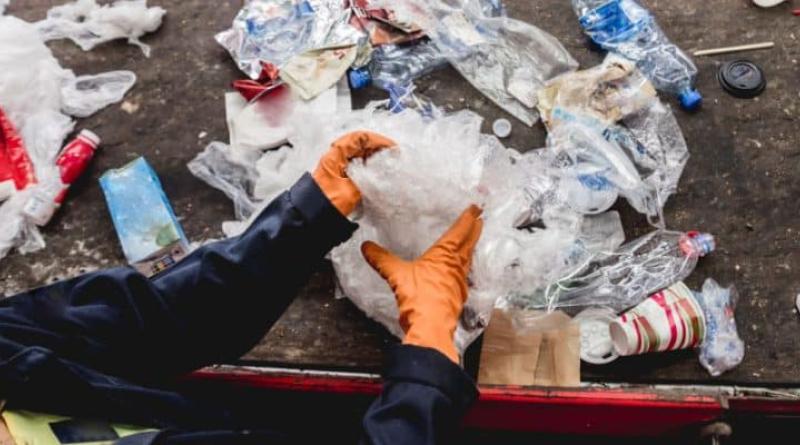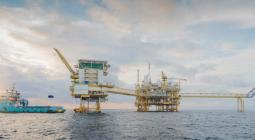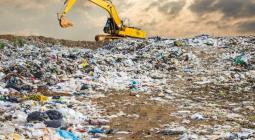In Algeria, the transit station for household waste at Ain Smara has a new sorting centre. The facility was recently inaugurated by the Algerian Minister of the Environment and Renewable Energies, Samia Moualfi.
In order to improve the performance of the Ain Smara household waste transit station in Algeria, the government is equipping the facility with a sorting centre. The unit, located in the wilaya of Constantine in the southwest of the country, has been operational since 7 December 2022.
The capacity of the new sorting centre, established on a 900 m2 site, is estimated at 500 tonnes per day. The installation will make it possible to separate household waste according to its nature, thus facilitating its handling in treatment and/or recycling plants.
Reducing pollution
The extension of the Ain Smara transit station for household waste, which came into service in 2013, will help reduce pollution in the wilaya of Constantine, which generates part of the 13.1 million tonnes of household waste produced per year in Algeria. According to the Algerian authorities, about 45% of this waste (6.1 million tonnes) can be recycled, including 1.22 million tonnes of plastics, 1.6 million tonnes of textiles and 300 000 tonnes of metals. This station also has a waste collection centre (a centre for the selective deposit of bulky waste or waste likely to be recycled, editor’s note), as well as a parking lot for waste collection vehicles.
Read also – AFRICA: the circular economy, an ally for the ecological transition
Faced with pollution in Algeria’s 58 wilayas, the government is also banking on recycling, notably through its National Strategy for the Environment (SNE). With 14,000 companies active in waste management, Algeria aims to recycle 30% of household waste, 80% of hazardous waste (pharmaceuticals, phytosanitary products and oilseeds) and 50% of inert waste (cement, bricks, ceramics, tiles, etc.) by 2035, according to the National Waste Agency (AND).
Moreover, the implementation of this policy will boost Algeria’s economy. Currently, the economic recovery and exploitation of waste generates 151 billion Algerian dinars (967.5 million euros) annually for household waste and 18.66 billion dinars (119.3 million euros) for used tyres, oils and batteries, according to the AND.
Inès Magoum






